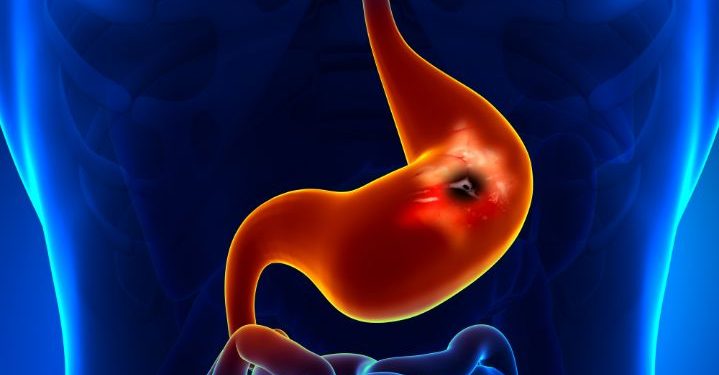Most of the time, stomach cancer (gastric cancer) doesn’t cause any symptoms in its early stages. And when it does, they often look like other conditions, such as an ulcer or a stomach virus. That’s why it’s important to see a doctor if you have symptoms that don’t go away. They can check you for cancer and help find the best treatment for you.
Stomach cancer starts in the inner lining of your stomach. As it grows, it may grow through the wall of your stomach or into other organs and tissues nearby. It can also spread to other parts of your body through the bloodstream or lymph system. When this happens, it’s called metastasis.
There are many types of stomach cancer, but the most common is adenocarcinoma of the stomach. It starts in glandular tissue on the stomach’s inner surface. Other less common kinds of stomach cancer include neuroendocrine tumors and gastrointestinal stromal tumors.
Your doctor will use several tests to diagnose stomach cancer and determine what stage it is in. They may also order imaging tests to get a better view of your stomach and the surrounding areas.

The main treatment for stage 0 stomach cancer is surgery to remove part or all of your stomach. Your doctor might also give you chemotherapy or radiation before or after surgery. The goal is to kill any remaining cancer cells.
In stage 1 stomach cancer, the tumor has grown into the supportive or muscle layer of your stomach and may have spread to 1 or 2 nearby lymph nodes. Your doctor might divide this stage into 2 groups – stage 1A and stage 1B.
Doctors can treat stage 1 stomach cancer with surgery and sometimes chemotherapy or radiation. They might also recommend other treatments, such as biologic therapy or immunotherapy. These treatments help your immune system fight cancer by targeting specific genes or proteins that control the growth of cancer cells.
You can help lower your risk of stomach cancer by eating a healthy diet, staying at a healthy weight, and not smoking. You should also avoid very salty, pickled, cured, or smoked foods that can raise your risk. It’s also a good idea to take medicines such as aspirin and NSAIDs (such as ibuprofen) only as directed by your doctor. If you do smoke, talk to your doctor about quitting. Together, you can come up with a plan that’s right for you.









